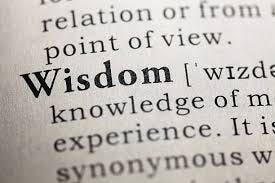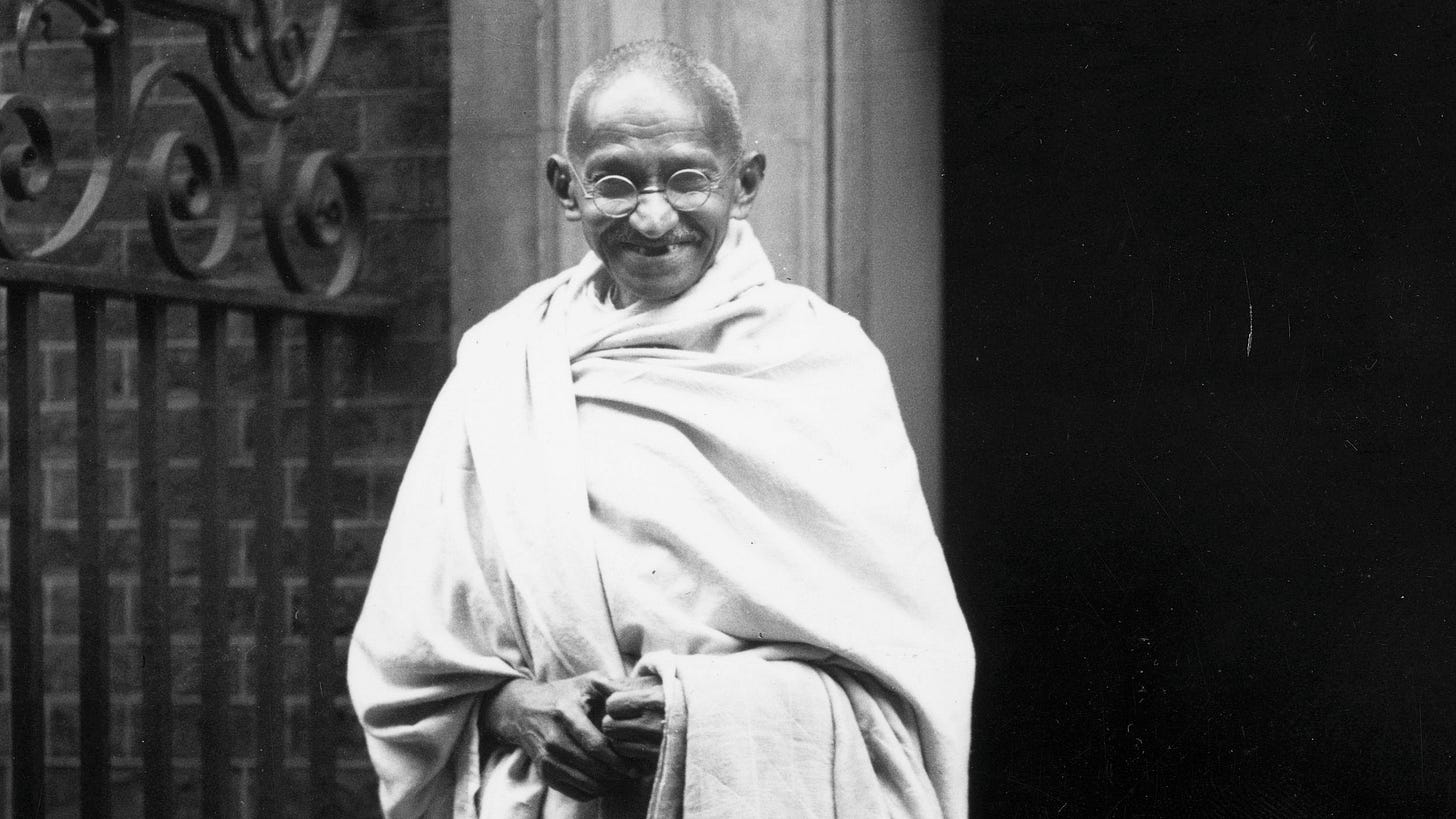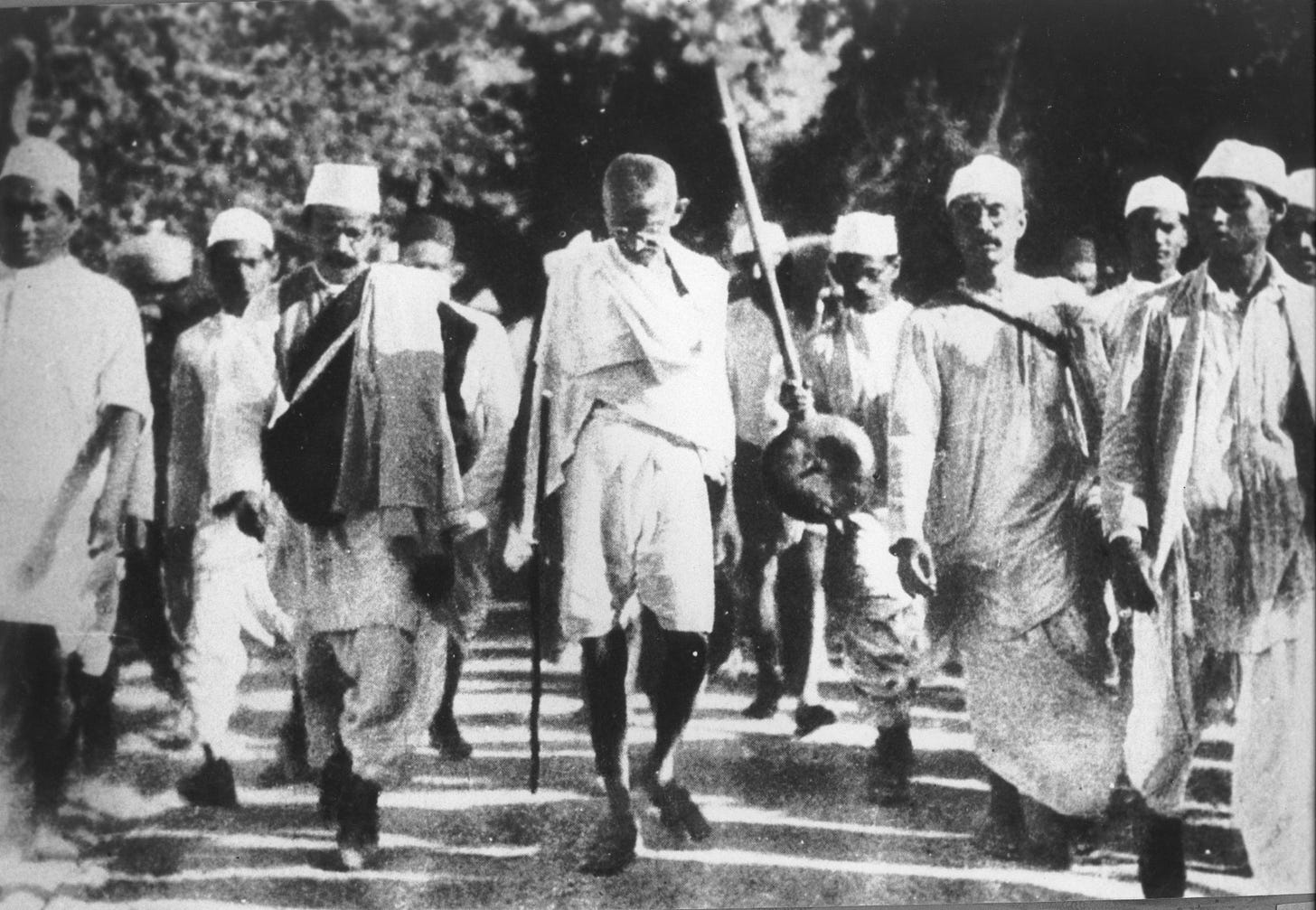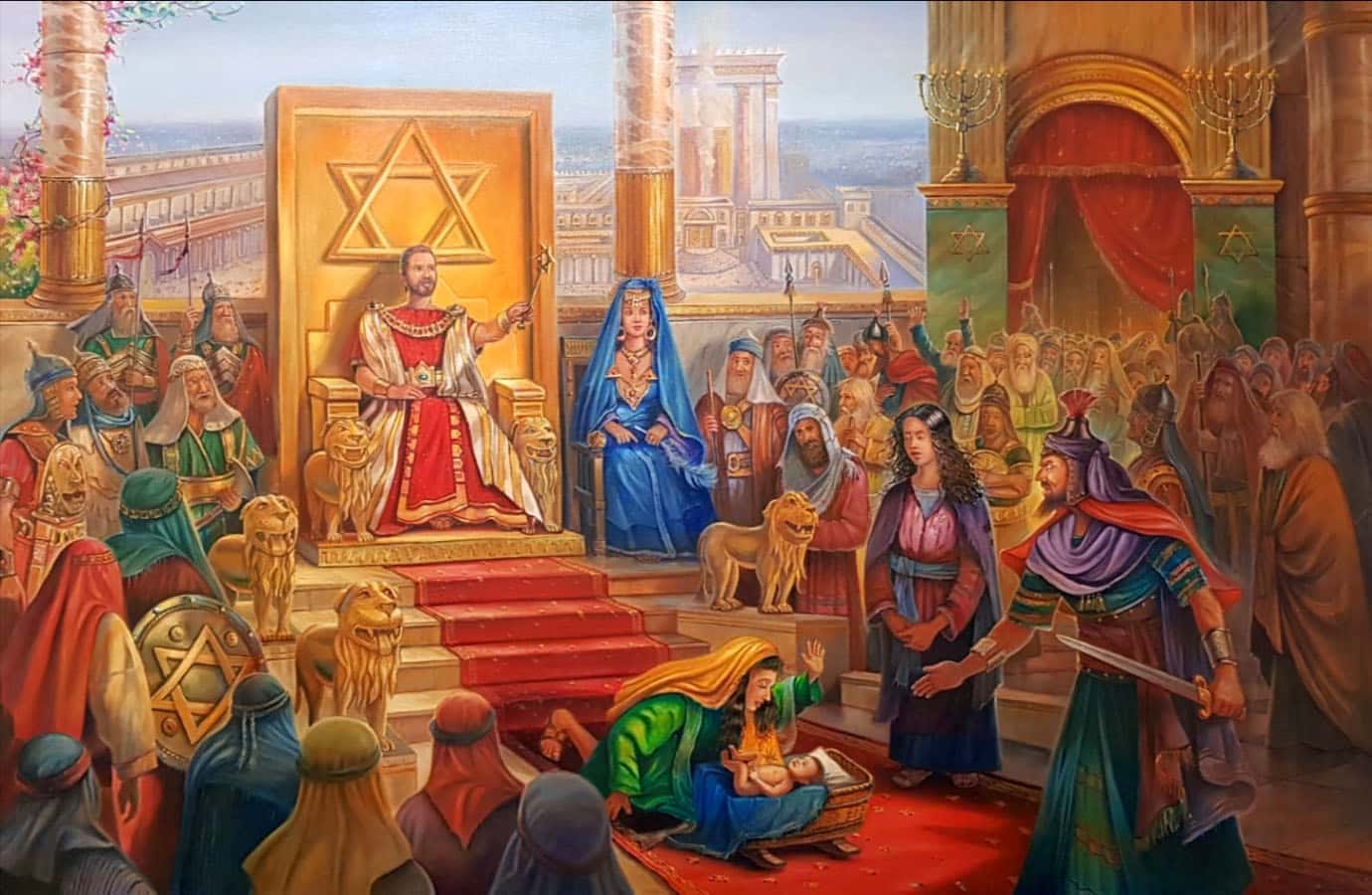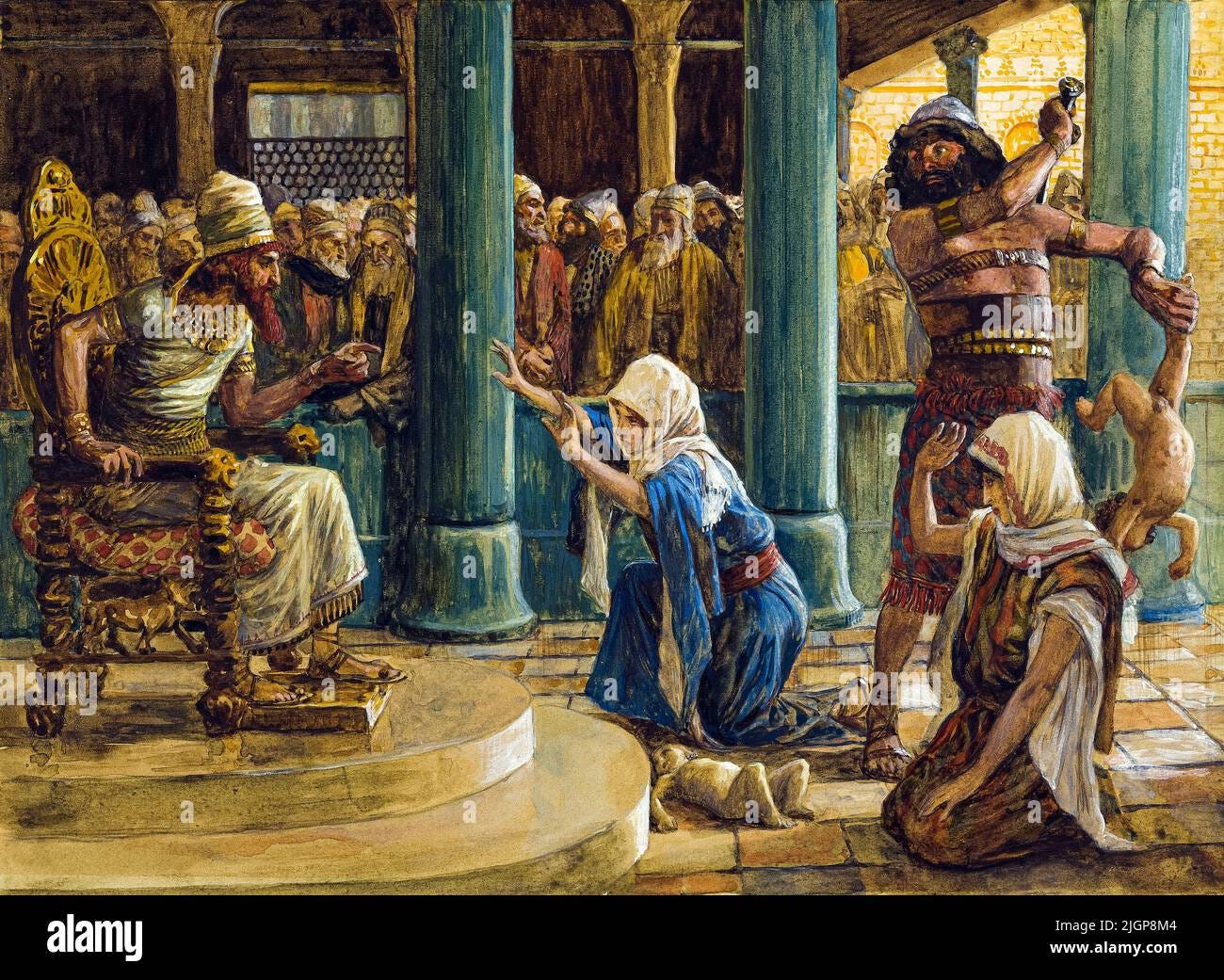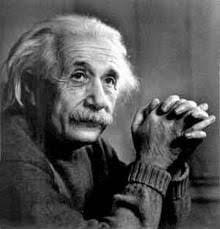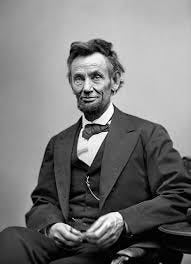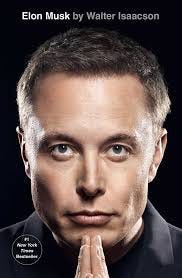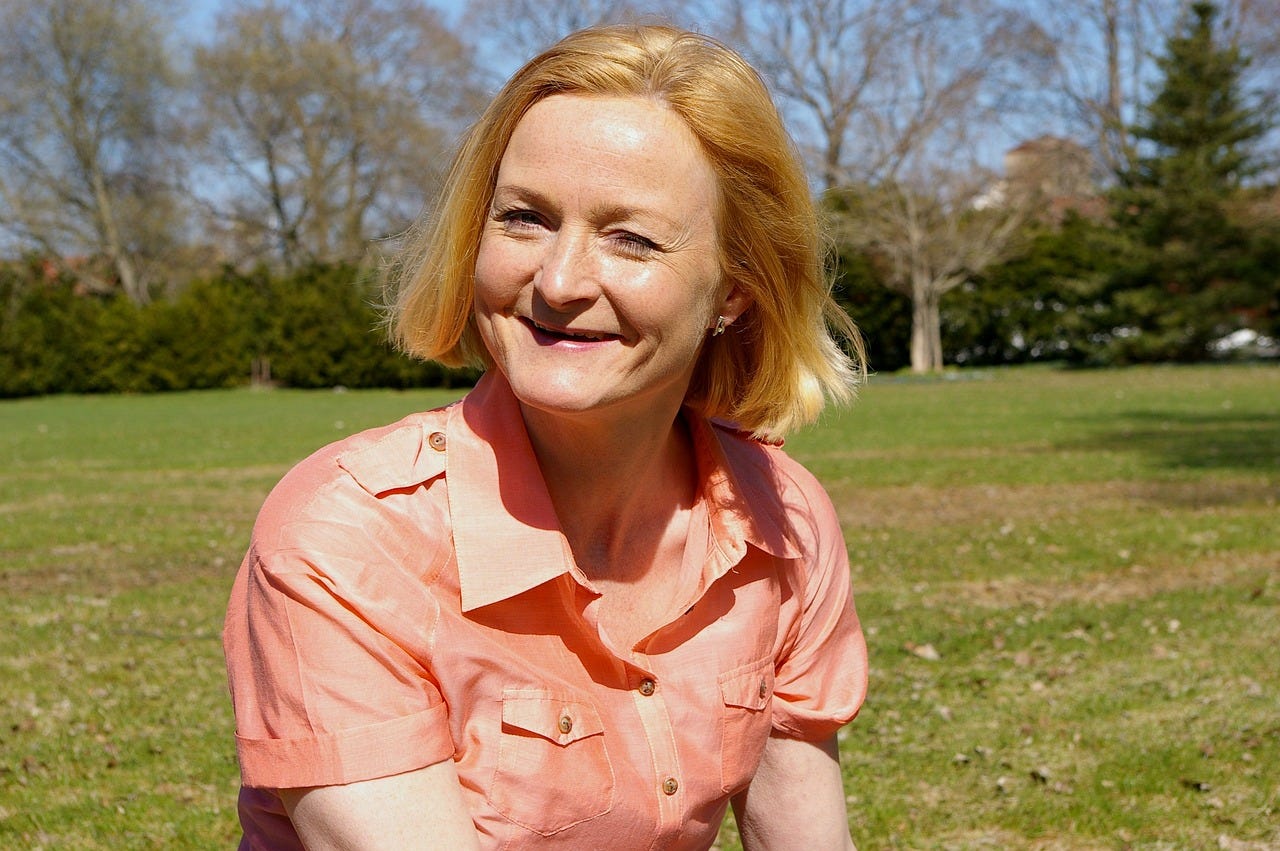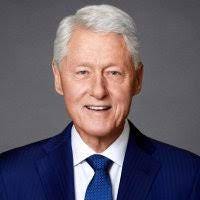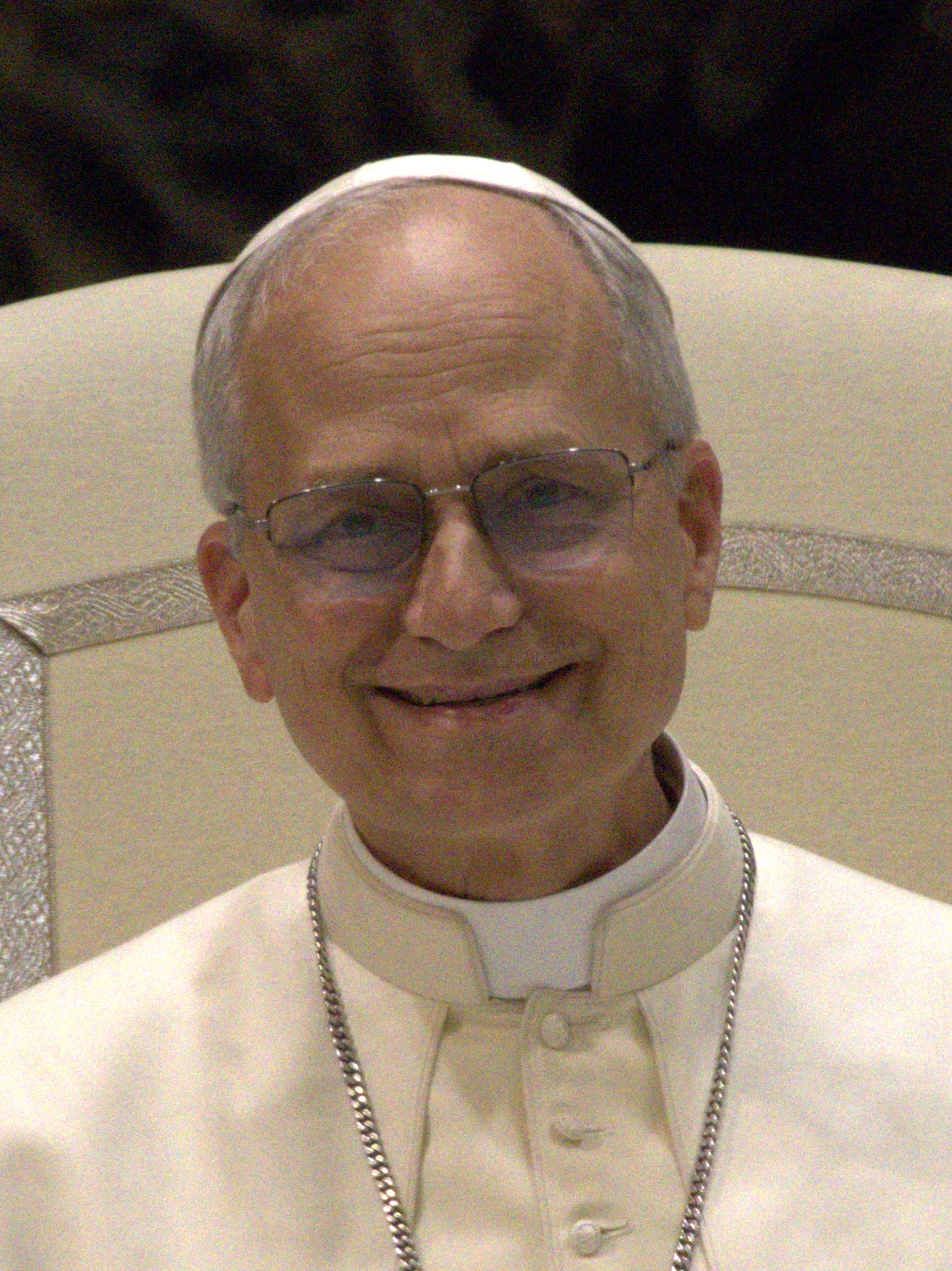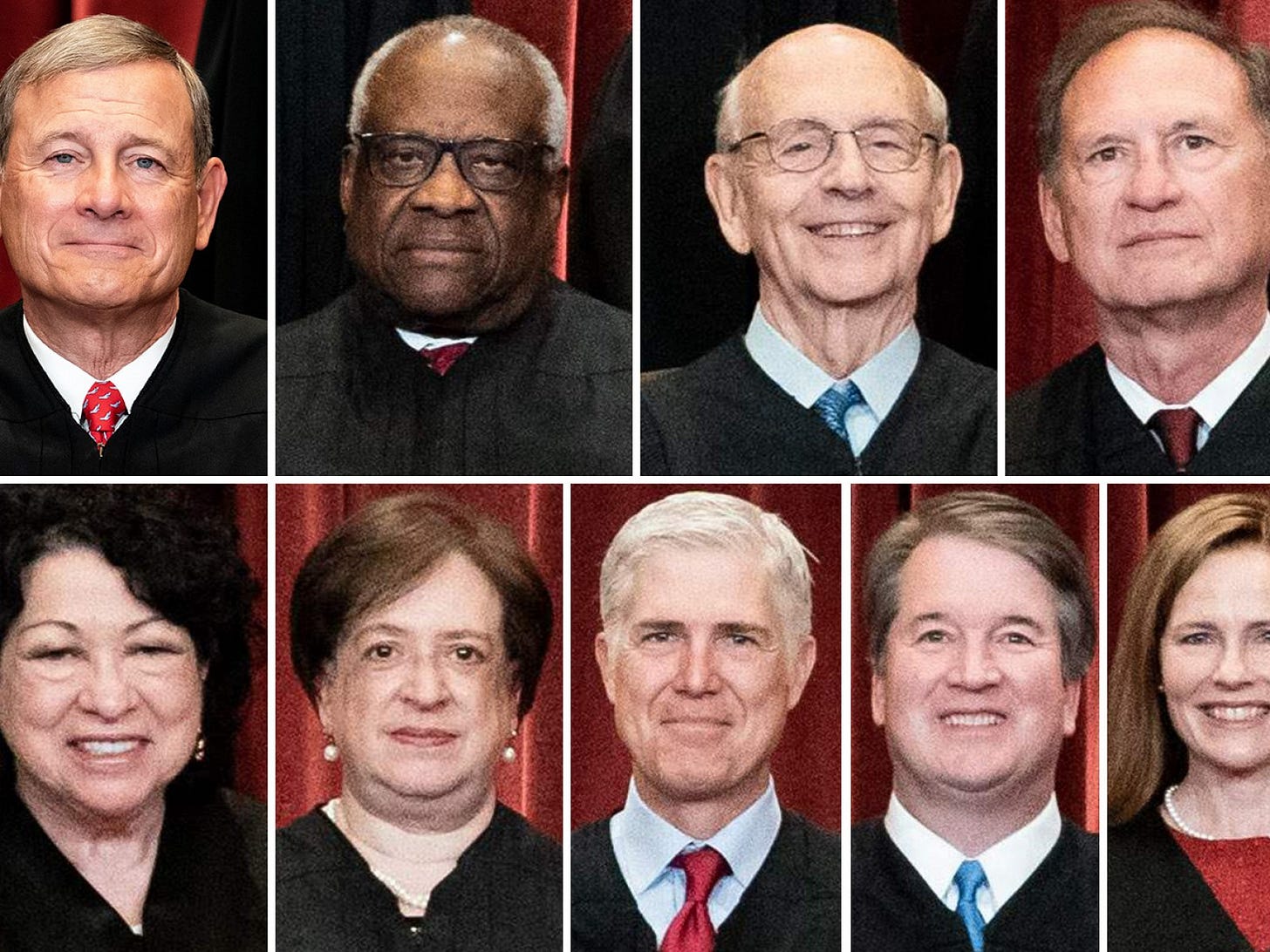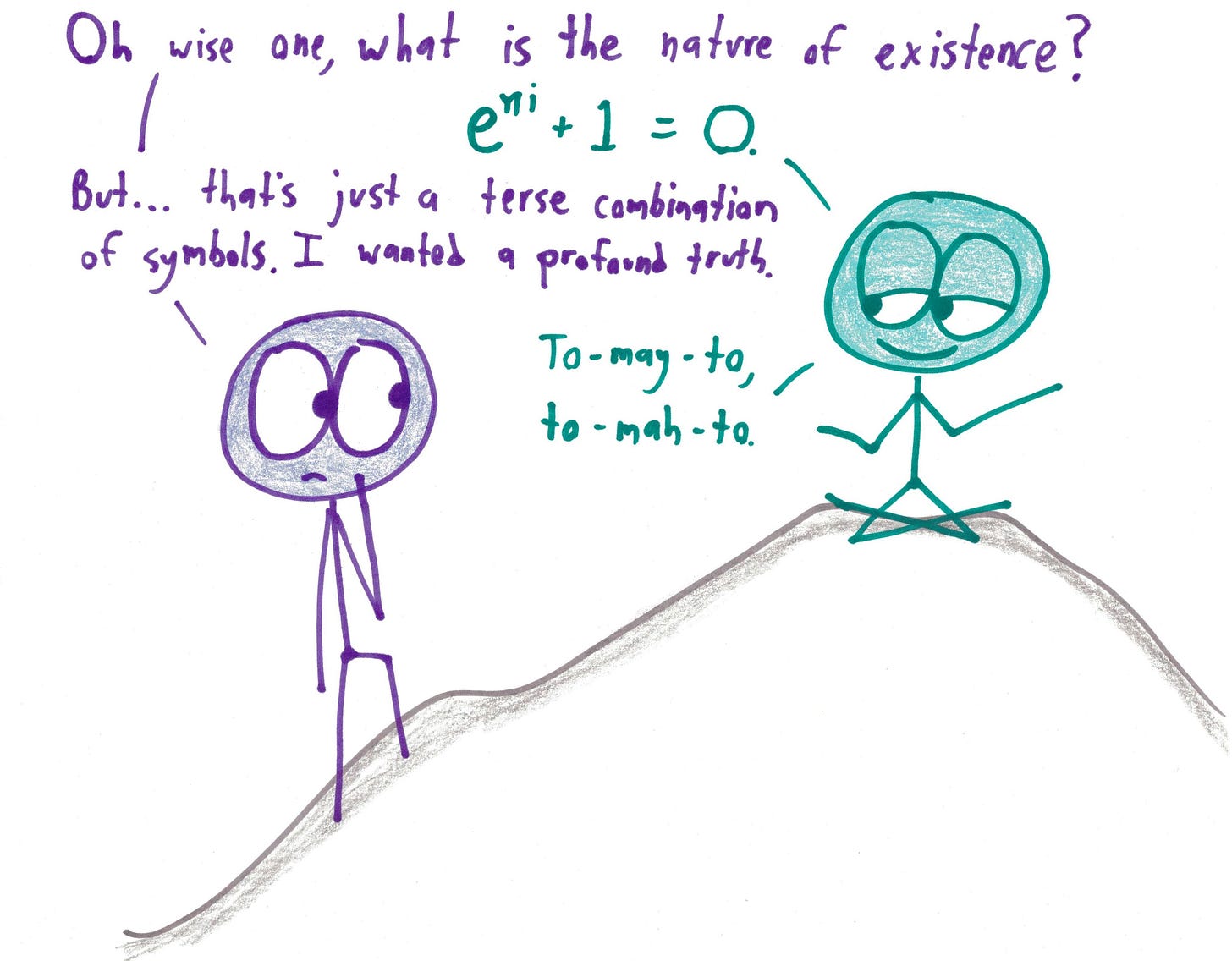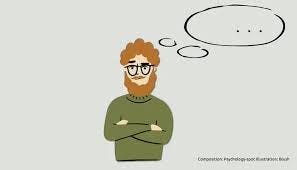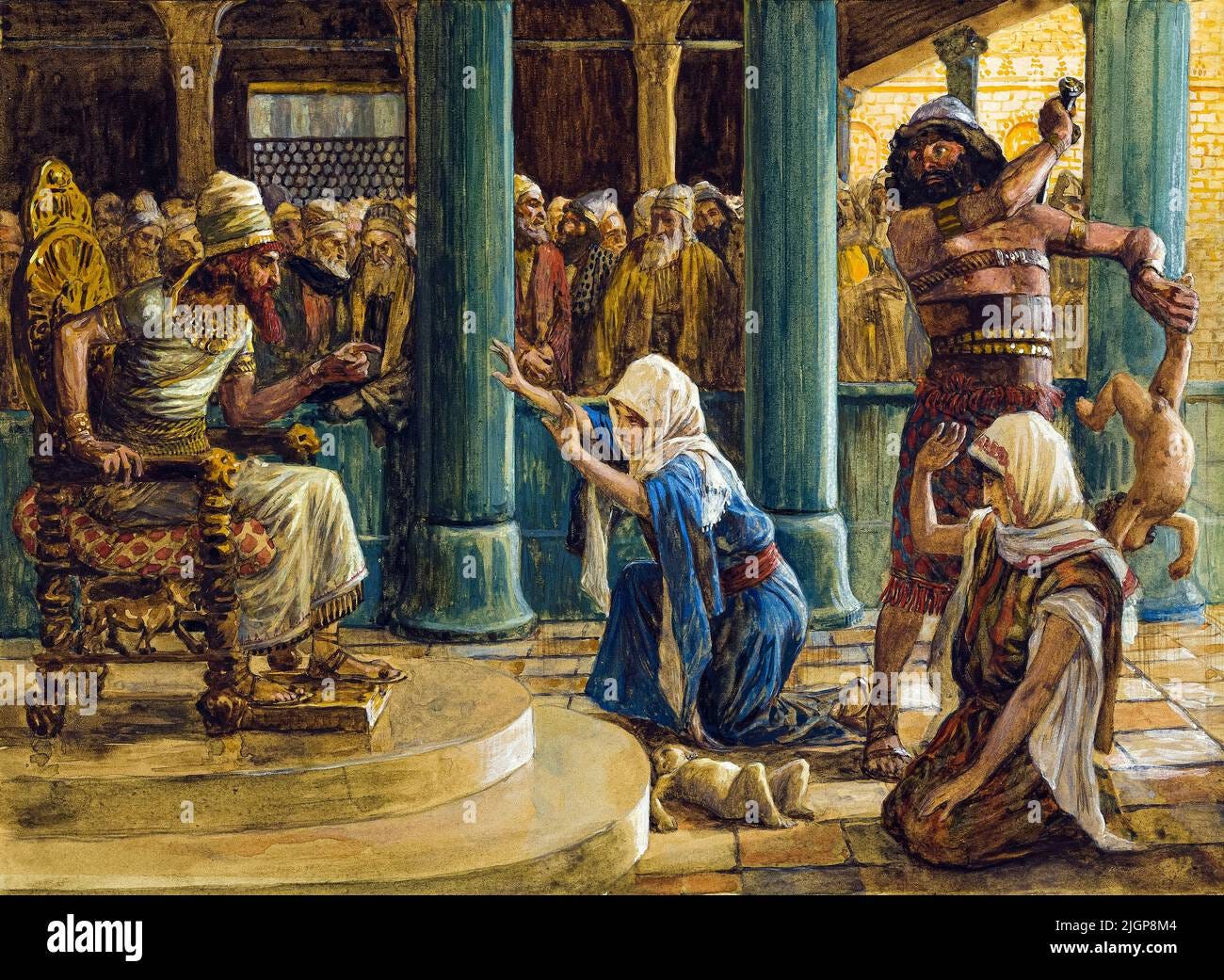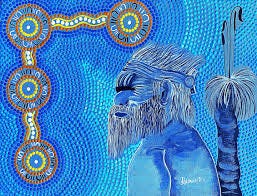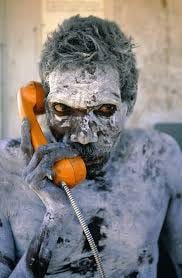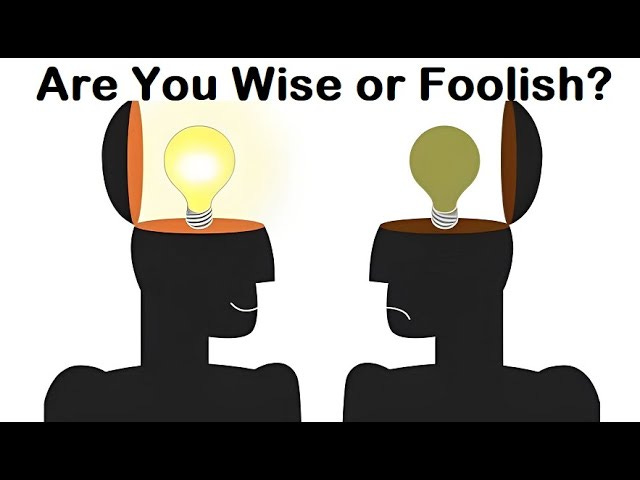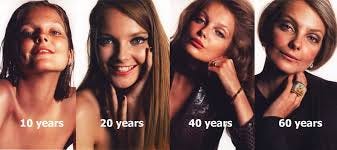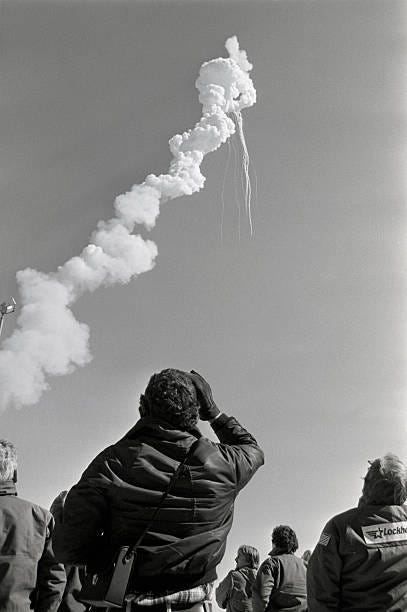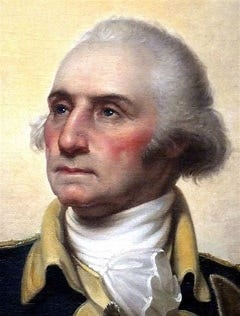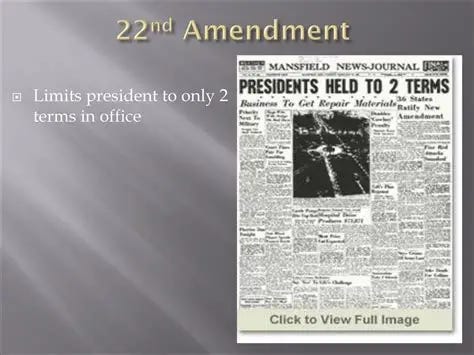Mahatma Gandhi? (born and died in India, October 2, 1869 - January 30, 1948)
Some say he was “wise.”
Engaged in a life-long mission to free India from British Monarchial rule, Gandhi’s philosophy of non-violent resistance is emblematic of individual freedom to this day.
Was Gandhi wise?
Ghandi wrote: (August 8, 1942)
“Live as if you were to die tomorrow. Learn as if you were to live forever.”
Was King Solomon “wise”
He ruled over Israel and Judah around the 10th Century BCE.
Bible: KJV 1 Kings 3:28:…And all Israel heard of the judgment which the king [Solomon] had judged; and they feared the king: for they saw that the [“wisdom”] of God was in him…
The Bible suggests that he was “wise.”
Described as having excellent discernment, sound judgment, practical awareness, and knowledge in the affairs of society.
King Solomon’s wisdom was manifest in how he ruled.
(Bible: 1 Kings 3:16-28: truncated)
16 Then came there two women, that were harlots, unto the king, and stood before him [King Solomon…].
17 And the one woman said, O my lord, I and this woman dwell in one house; and I was delivered of a child with her in the house.
18 And it came to pass the third day after that I was delivered, that this woman was delivered also: and we were together…
19 And this woman's child died in the night…
20 And she arose at midnight, and took my son from beside me, while [I] slept…
21 And when I rose in the morning to give my child suck, behold, it was dead: but when I had considered it [the dead baby] in the morning, behold, it was not my son…
22 And the other woman said, Nay; but the living [baby] is my son, and the dead [baby] is thy son. And this [the other woman] said, No; but the dead is thy son, and the living is my son. Thus they spake before the king.
23 Then said the king, The one saith, This is my son that liveth, and thy son is the dead: and the other saith, Nay; but thy son is the dead, and my son is the living. [Solomon’s restatement]
24 And the king said, Bring me a sword. And they brought a sword before the king. [The intervention]
25 And the king said, Divide the living child in two [ostensibly killing the child], and give half to the one [woman], and half to the other [woman].
26 Then spake the woman whose the living child was unto the king, for her bowels yearned upon her son, and she said, O my lord, give her the living child, and in no wise slay it. [truth discerned from the birth mother] But the other said, Let it be neither mine nor thine, but divide it.
27 Then the king answered and said, Give her [the woman pleading for the son’s life] the living child, and in no wise slay it: she is the mother thereof.
BOB HILL’s WISDOM RECOGNITION TEST
For each picture, affirm whether you believe the person is (or was) wise.
Wise person?
Yes
No
Maybe
Wise person?
Yes
No
Maybe
Wise person?
Yes
No
Maybe
Wise person?
Yes
No
Maybe
Wise person?
Yes
No
Maybe
6. Wise person?
Yes
No
Maybe
Wise person?
Yes
No
Maybe
Wise person?
Yes
No
Maybe
How did you judge?
By Characteristics?
If a person is “savvy,” is the person “wise”
If a person is “rich,” is the person “wise”
If a person is influential, is the person “wise”
If a person is “old,” is he or she wise?
Are people with great religious faith, as the Pope, wise?
If people hold a higher education degree, such as a PhD, MD, or JD, does that make them “wise”?
If a person can write popular fiction and/or is a Facebook influencer or a celebrity, is this person wise?
Are airline pilots, surgeons, or skilled accountants wise?
Do certain kinds of training, such as that of a psychotherapist or a psychoanalyst with years of experience, make a person wise?
Would a duly appointed Judge sitting on a prominent Federal Court be wise?
When we encounter someone we think is wise, this person’s wisdom may seem befuddling.
Why?
Because the “wise” person may never say “why” he/she is wise.
What is “Wisdom”?
Defined in the Merriam-Webster Dictionary, wisdom is:
1a: the ability to discern inner qualities and relationships, 1b: good sense, 1c: generally accepted belief, 1d: accumulated philosophical or scientific learning…
This is a confusing definition because it does not clarify if “wisdom” is:
1. a kind of skill (“…ability to discern…”)
2. a consensus construct (“…generally accepted belief…”)
3. a body of knowledge (“accumulated philosophical….learning…”)
The American Psychological Association Dictionary has its own definition (abstracted below):
n. the ability of an individual to make sound decisions, to find the right—or at least reasonable—answers to complex and important life questions, and to give advice about the difficult problems of everyday life and interpersonal relationships…
This definition converges around three descriptors:
Makes “sound” decisions
Discern right or reasonable answers.
Advice about “difficult” problems.
Descriptors that are similar to wisdom are described in the King Solomon story!
“Wisdom” appears to be a way of thinking or judging, and it encompasses many points of view (POV).
Someone considered wise in an Aboriginal tribe may not be wise in a technology-intensive setting, and vice versa.
Psychologists (Baltes & Smith) have proffered an “Advanced World” definition:
“…an expert knowledge system in the fundamental pragmatics of life, permitting exceptional insight, judgment, and advice involving complex and uncertain matters of the human condition.”
A Mouthful!
This definition comes from a 1st World think-tank!—the Max Planck Institute in Berlin, Germany.
Even so, the descriptors still compare to the Bible’s rendition of King Solomon’s wisdom.
1. Good Sense, 2. Discernment, 3. Good Decision-making.
Perhaps wisdom isn’t culturally specific
What, then, is Wisdom?
HYPOTHESIS #2: Wisdom is mainly within an individual.
If this is the case, what features of wisdom can we identify within a person?
Are the three original characteristics described in the King Solomon story observable in one person? (as in King Solomon)
Or
Are they observable only in different people, OR only in the same person, at various points in time?
Think about it:
When you were 10 years old, were you less wise than you are today?
If this is true, what factors contributed to your current “wiseness?”
MY (Bob Hill’s) POV:
1. Good Sense, 2. Discernment, 3. Good Decision-making
These three “wisdom” components are present in most people we judge as wise, although none appear to be active in the individual pictured below.
Why?
Consider your own life path.
Are there times when you made “wise” decisions?
Are there times when you made “unwise” decisions?
What distinguished the two times?
Are there characteristics you had at one time that you didn’t have at another time?
OR
Are some problems amenable to wisdom, and other problems not so?
In the search for what we “think” is a human characteristic called “wisdom,” we hope that once we find it, it will guide us.
Finding it may only be meaningful if we value what we seek.
If we find wisdom in ourselves but fail to value it, then it is not wisdom.
Consider some examples of finding but NOT valuing:
Discernment
Space Shuttle Challenger disaster (1986): NASA managers were aware for years of a serious flaw in the O-rings that sealed the solid rocket boosters. Engineers with manufacturer Morton Thiokol repeatedly warned that the O-rings could fail in cold weather. Launching in freezing weather was not advised.
This was wise advice.
NASA managers, under time pressure, downplayed the risk, and the shuttle was launched on a very cold day. The O-rings failed, and the consequences (that we all know) followed.
Experts and world organizations, including the World Health Organization (WHO), had long warned that a major global pandemic was inevitable and that the world was not prepared for a pandemic.
Wise Advice!
The warnings were de-prioritized and largely unheeded by politicians and policymakers in most countries around the world. When the novel coronavirus emerged, the world was not prepared and suffered a devastating health and economic crisis.
Is Wisdom found in the “warning” or in the “heeding of the warning?”
Good Decision Making
George Washington, the first President of the United States, served for two official 4-year terms, then, to many people’s surprise, Washington voluntarily vacated the office. This was on March 4, 1797.
Why?
At that time, in the United States, there were no term limits on the President.
Rather, it was Washington’s “own” idea that the Presidential office should be term-limited.
Why did Washington voluntarily act in this way:
His biographers suggest:
Washington feared an executive office without term limits. Why? He believed that if there were no term limits on the U.S. President, the President’s unchecked rule would lead to another monarchy.
Washington wanted to initiate a peaceful transfer of power. This idea was inspired by Ancient Rome, especially in the life of Lucius Quinctius Cincinnatus, who relinquished his power as a Roman statesman so that his influence might shift to others, younger than himself.
Washington was also fatigued by the sheer effort of the job of U.S. President. He no longer had the strength or the will to continue, so he decided to step down.
This “wise” act was codified in the Twenty-second Amendment (Amendment XXII) of the Constitution of the United States, which limits the number of times a person can be elected to the office of President of the United States to twice. Congress approved the Twenty-second Amendment on March 21, 1947. 36 states ratified it on February 27, 1951.
A wise idea to avoid an autocracy or a monocracy.
We are approaching a time, under the current Presidential Administration, when questions about Presidential Term Limits are being raised. How will we, as a Country, address this issue?
WHAT IS THE WISE THING TO DO?
“After the Session Blog” does not have a political purpose; rather, its purpose is individual adaptation in adults at mid-life and beyond.
To this end, I believe Wisdom is a vital construct that should be sought out, found, and valued. Below are its features:
Good Sense
Discernment
Good Decision-making
How can you find Wisdom and then apply it to your own life?


